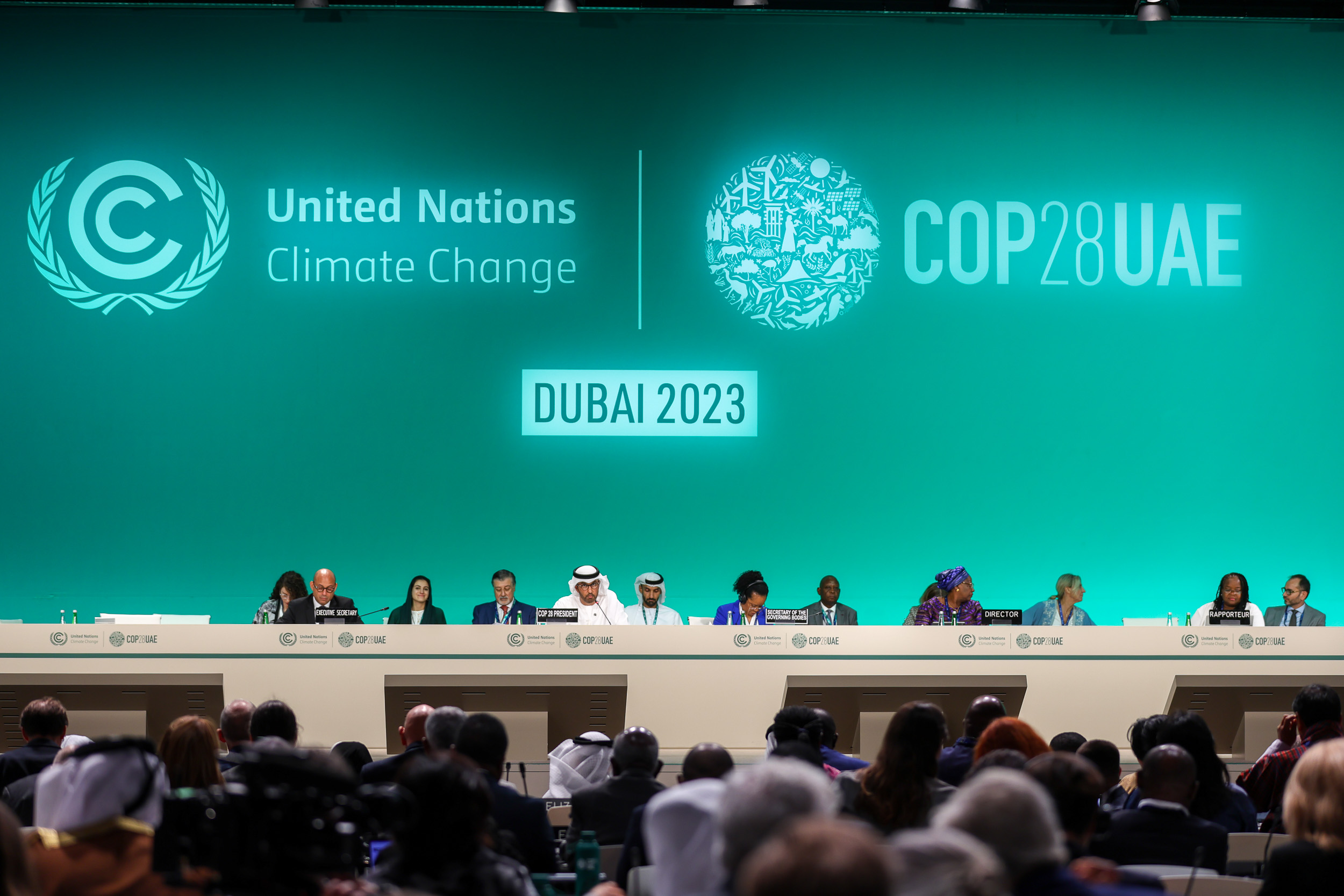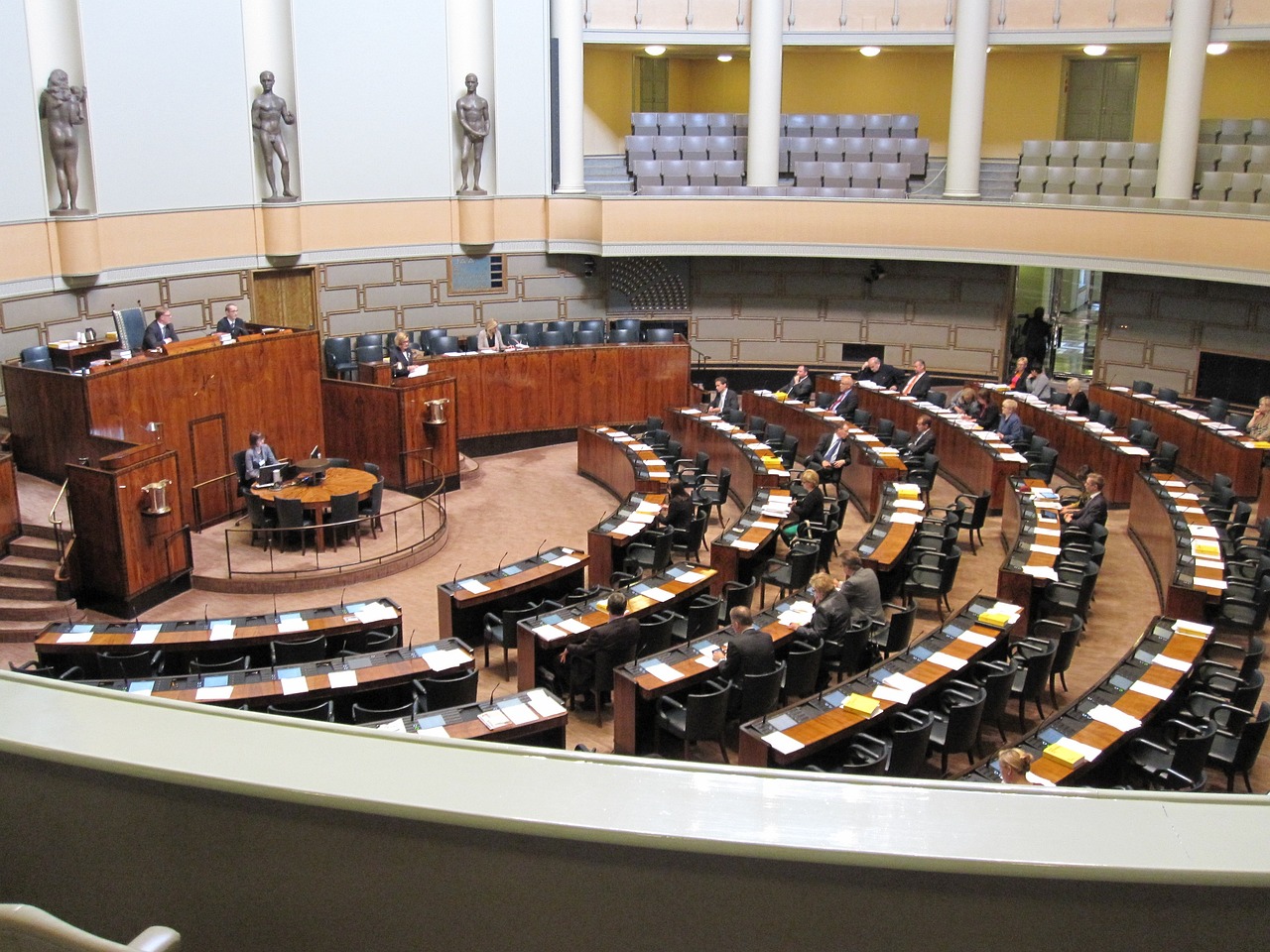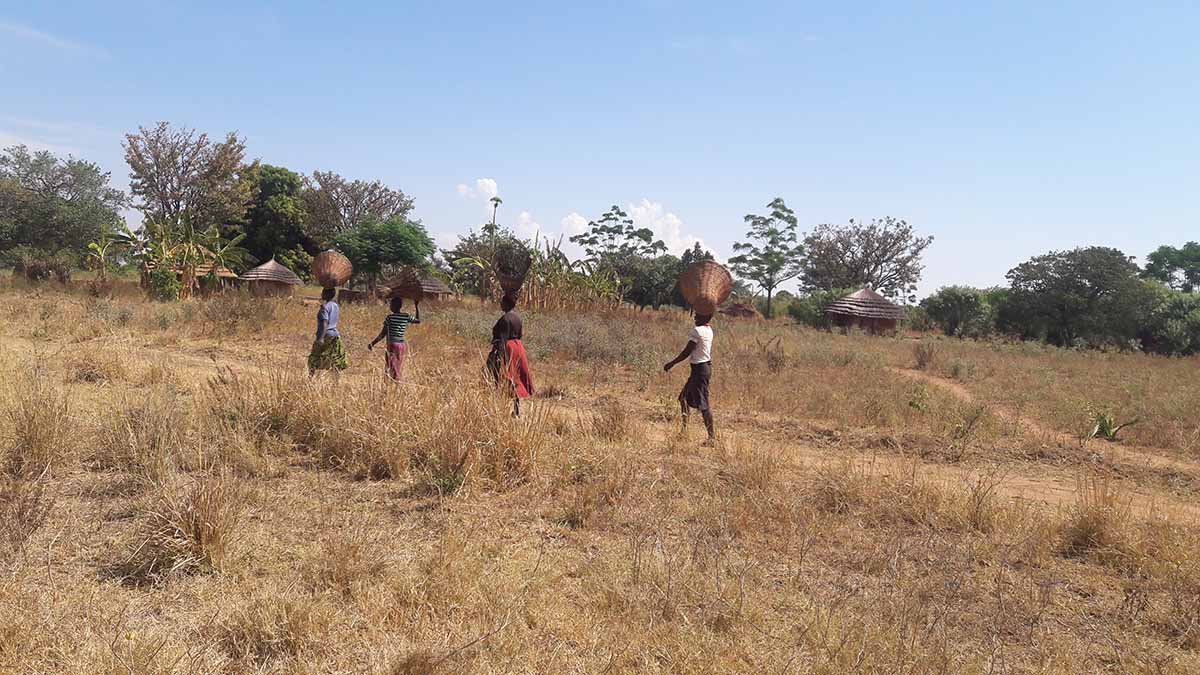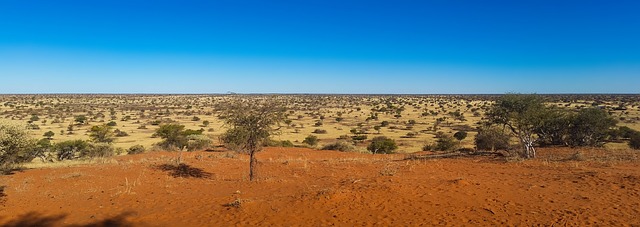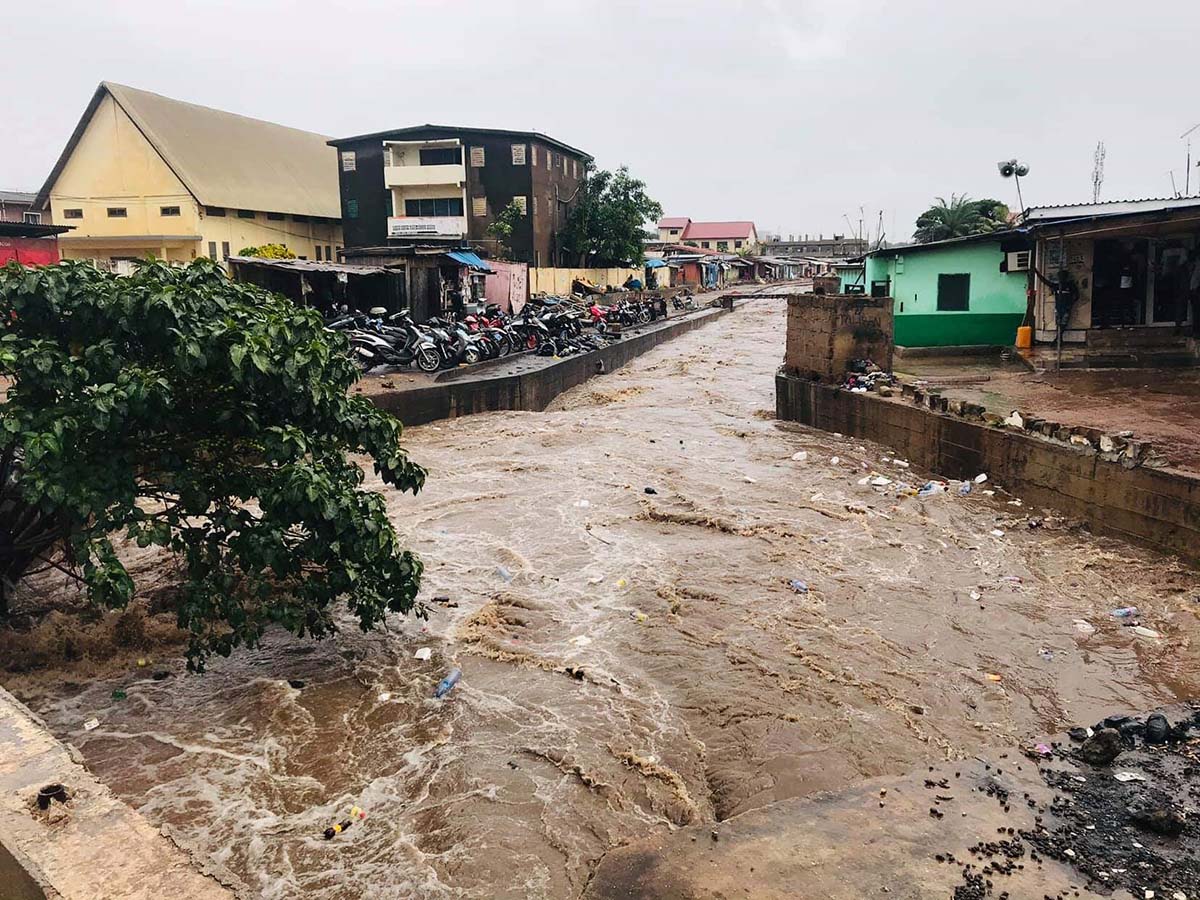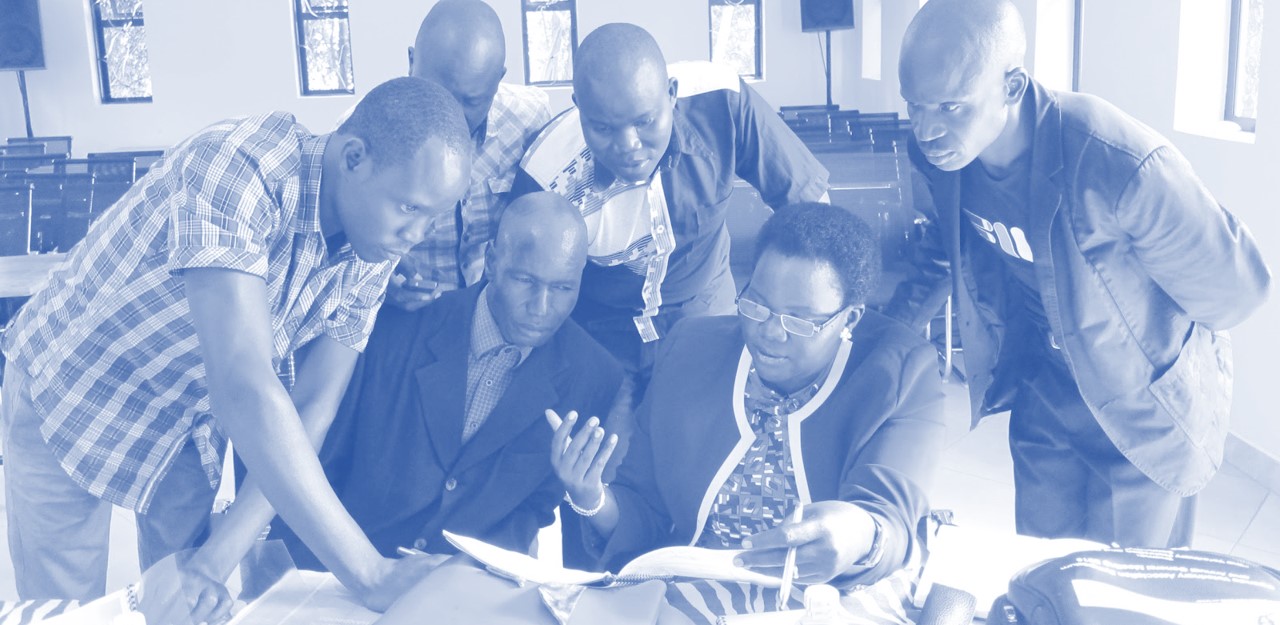UNIVERSITY OF READING
WALKER Academy
Online and in-person climate science courses from the Walker Institute
WHAT IS THE WALKER ACADEMY?
Embedded within the Walker Institute The Walker Academy is the Institute’s training arm. Our mission is to build skills and capacity in transdisciplinary climate impact research.
The Academy offers immersive and participative courses that explore the underlying science of climate change through to its political, economic and livelihood consequences, using scenario building, causal networks and household economy modelling techniques.
Courses are designed for anyone who wants to understand and apply climate information in their field of research, practice, policy making or advocacy. Our students come from academia, government agencies, NGOs and the private sector.
We work with participants at all stages of their careers to provide ‘climate to policy and impact literacy’ through a systems-thinking approach. Through our courses, we aim to strengthen understanding and dialogue between disciplines working across the complex links in the climate-environment-livelihoods nexus.
We identify the specific training interests of potential students, and can deliver courses through face-to-face, hybrid and online options.

